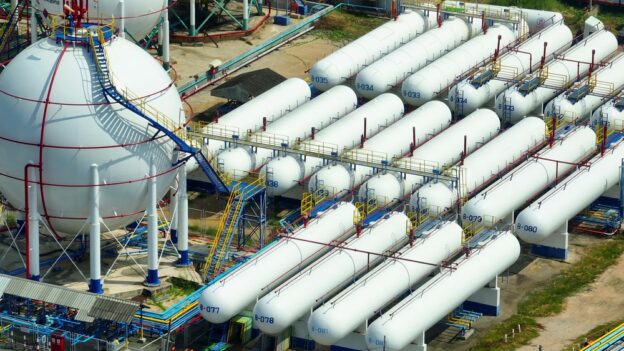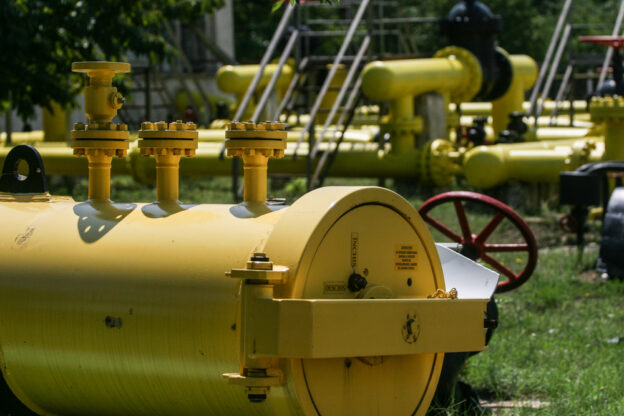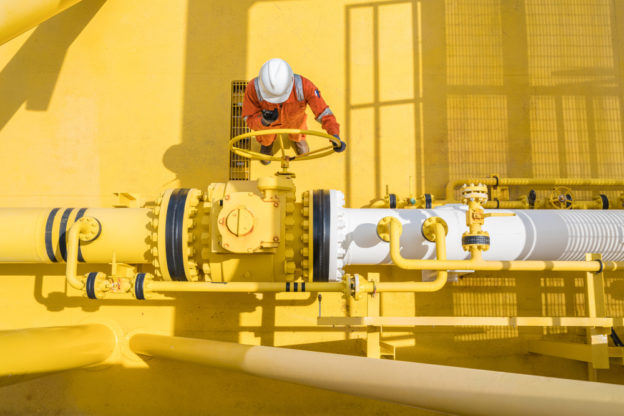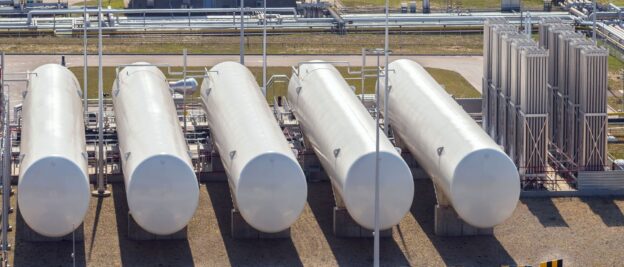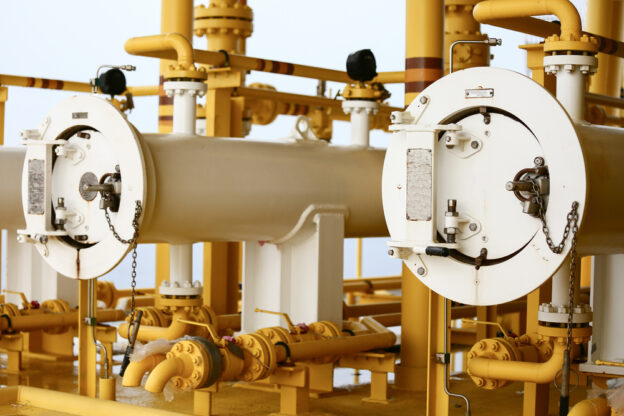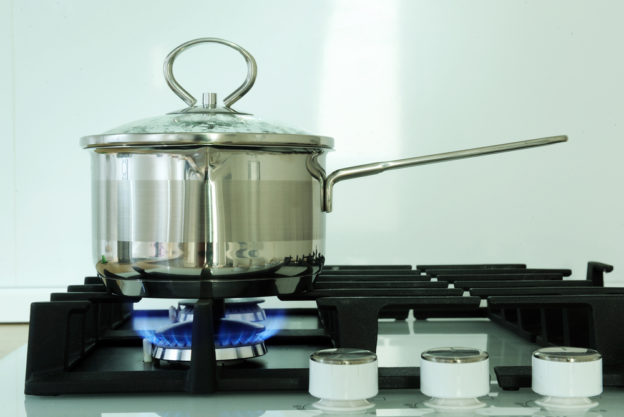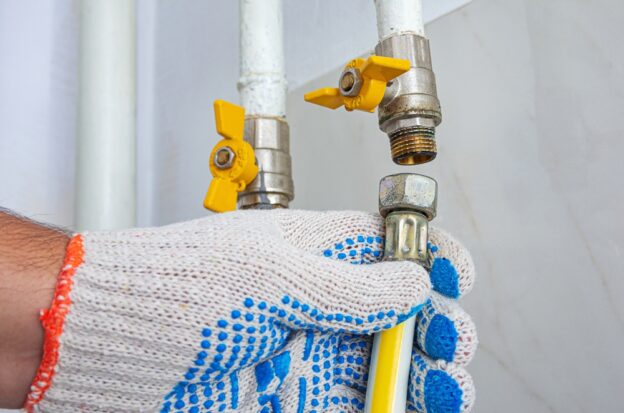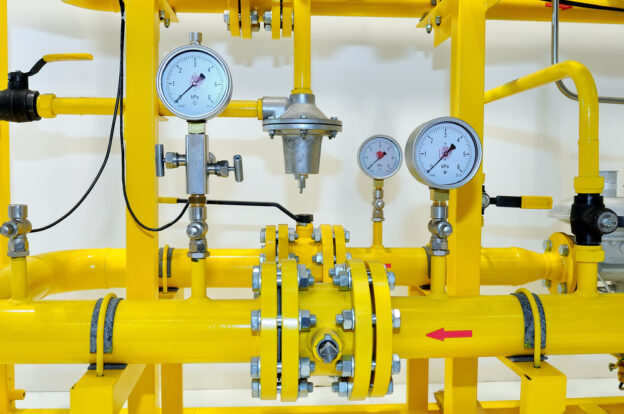In the complex world of gas processing, maintaining clean gas streams is paramount. Clean gas processing is not merely a matter of preference, but a necessity to ensure operational efficiency, equipment longevity, and safety. Filter separators, as their name suggests, play a pivotal role in achieving this goal. They are the unsung heroes of gas filtration systems, working tirelessly to remove unwanted contaminants and ensure the gas you’re working with is as pure as possible.
What are Filter Separators?
In essence, a filter separator is a specialized piece of gas processing equipment designed to remove solid and liquid contaminants from a gas stream. It’s a multi-faceted device that combines the functions of a filter and a separator, hence the name. Think of it as a two-in-one solution for your gas filtration needs.
How Filter Separators Work
The working mechanism of a filter separator is ingeniously simple yet incredibly effective. The gas stream enters the separator and is forced through a series of filters. These filters, depending on their design and material, trap solid particles of varying sizes. The filtered gas then passes through a separation chamber where centrifugal force or gravity is used to separate any remaining liquid droplets from the gas. The result? A cleaner, purer gas stream ready for further processing or use.
Key Benefits of Filter Separators
Enhancing Gas Quality
The primary and most obvious benefit of using filter separators is the improvement in gas quality. By removing contaminants like dust, dirt, moisture, and other impurities, filter separators ensure that the gas stream is clean and free from unwanted elements. This clean gas is then suitable for various downstream applications, reducing the risk of equipment damage, process inefficiencies, and safety hazards.
Operational Efficiency
Clean gas not only improves the quality of your final product but also contributes to the overall operational efficiency of your gas processing plant. When your gas processing equipment is fed with clean gas, it experiences less wear and tear, leading to reduced maintenance costs and downtime. This translates to increased productivity and profitability in the long run.
Safety Improvements
Safety is another critical aspect where filter separators make a significant impact. Contaminated gas can pose serious safety risks, including equipment malfunctions, pipeline corrosion, and even explosions. By removing harmful contaminants, filter separators help create a safer working environment for everyone involved in the gas processing operation.
Applications of Filter Separators
Filter separators find applications in a wide range of gas processing environments. They are commonly used in natural gas production, processing, and transportation. They are also essential in industries like oil refining, petrochemicals, power generation, and manufacturing, where clean gas is crucial for various processes.
Some specific examples include:
- Natural Gas Production: Filter separators are used to remove water, sand, and other contaminants from natural gas at the wellhead, ensuring the gas is clean before it enters the gathering and processing systems.
- Gas Pipelines: Filter separators are installed along gas pipelines to protect compressors and other downstream equipment from damage caused by contaminants.
- Industrial Processes: In various industrial settings, filter separators are used to provide clean gas for processes like combustion, heating, and chemical reactions.
Technological Advancements
The field of filter separator technology is constantly evolving, with ongoing research and development leading to new and improved designs. Recent innovations include the use of advanced filter media, more efficient separation mechanisms, and intelligent control systems. These advancements result in filter separators that are more effective, reliable, and easier to maintain than ever before.
Pro Gas Services Knows Natural Gas
Filter separators are indispensable tools in ensuring clean gas processing. They play a vital role in enhancing gas quality, improving operational efficiency, and promoting safety. As technology continues to advance, we can expect even more efficient and reliable filter separators in the future.
If you’re looking to optimize your gas processing operations and ensure the highest level of gas quality, consider investing in a high-quality filter separator from Pro Gas Services LLC. Contact us today to learn more about our products and services. We are committed to helping you achieve success in your gas processing endeavors.
We understand the critical importance of clean gas processing. We offer a comprehensive range of high-quality filter separators designed to meet the diverse needs of our clients. Our filter separators incorporate the latest technological advancements to ensure optimal performance, reliability, and safety.
Whether you’re looking for a filter separator for a natural gas production facility, a gas pipeline, or an industrial process, we have the right solution for you. Our team of experts is dedicated to providing you with the best products and services to help you achieve your gas processing goals.
Remember, clean gas is not just good practice—it’s essential for the success and safety of your operations. Reach out today!


